The Māori and the Pacific before Columbus
KBNBWorldNews tells you the truth, support it: click to donate. WE NEED YOUR SUPPORT
By Katia Novella Miller
Report. The Māori are the well-known aboriginal people of Aotearoa, known as New Zealand since The Dutch arrived there in 1642, a century before the English who started a real calamity for the aboriginal people living in the isles. From that moment onward, the arrival of British migrants became unstoppable and the land under control of the native populations tragically reduced. Just like the Americas or Australia, the British colonization of New Zealand was a fact of total control and appropriation of territory. And the very first treaty between the British Crown and the Māori was exactly about land.
In 1840 some Māori chiefs signed the Treaty of Waitangi with the British Crown, considered by the Maori an historical fraud as the translation of the document from English to the Te Reo language (1) was deceitful. It is said many of the Maori signatories signed it because it was the only option they saw in order to protect themselves in front of an unrelenting and increasing flow of British people. Although the British Crown presented the treaty as a way to protect the Māori, the outcome was a fast loss of their land which ended in the hands of British migrants thanks to the generosity of London’s Crown which unsurprisingly wanted to keep the Māori in the lower rank of society.
Since 1980 the Maori’s fight for their rights over land as native and first peoples has again gained notoriety within New Zealand’s society and is waking up many opponents – obviously primarily of British lineage. In the last few years some academic and independent scholars of European descent who claim that the Māori are only ”other refugees like them” and ”who arrived just a few centuries before the British” have come out from the cupboard, trying to weaken the Māori’s claims over land but also opening a new version of history. A new breaking view for the official narrative. A vision of travels and contacts between different peoples around the world before Christopher Columbus.
To continue offering our reports in English and other languages, we are looking for volunteer collaborators for various tasks: writers, lawyers, English proofreaders, translators from English into Spanish and/or Italian and vice versa; translators to other languages, graphic designers, editorial assistants capable or willing to learn to work in a CMS environment and on social networks, IT geniuses, website designers. Get in touch with us!
The aboriginal of European descent.
The center of attention is a blond, blue-eyed, 75-year-old lady called Monica Matamua who claims she belongs to a white aboriginal population of New Zealand, the Ngati Hotu, who inhabited the islands prior to the Māori. The Ngati Hotu are the Māori’s legendary human beings of the forest, depicted with fair skin, red or blond hair and green or blue eyes.
The eLocal, a New Zealander leading news magazine, reported that leading authorities on information relating to the Treaty of Waitangi have stated that the Te Hotu tribe is completely extinct. “It was all bullshit!” Monica stated. “Partly due to misinformation and partly due to a strong force behind other tribes in the region, Monica and her family lost their land to the courts in 1998. The place that Monica and her family called home was Te Rena on the banks of the Whanganui River. Sadly Monica’s land was absorbed by the Crown and still sits to this day untouched.”
The magazine also reported that according to Monica, there are approximately 2,000 Ngati Hotu left, ”although there has been speculation that they were an extinct race.” ”There are 800 in our whanau (extended family or community). When the Māori arrived in New Zealand, relates Monica, my people were already here. Our history says that our people first came to Aotearoa a long time back from what is now called Iran (Persia). Our people came here through Borneo.”
Supported by many white researchers and authors, Monica tried to prove her theory and got involved with the DNA-Ancestry National Geographic Survey. Through this test, she could not trace information about her paternal lineage, determined from a series of markers on the Y-chromosome, something that only men genetically carry. Therefore, theoretically, Monica’s ancestral migratory root followed the steps of maternal heritage.
The test-result was appealing not only to Monica. It was found she is 28% Northeast Asian, 20% Southeast Asian, 18% Oceanian, 12% Northern European, 12% Mediterranean, 6% Sub Saharan African and 4% Southwest Asian. The DNA-map showed also an important relation with Puerto Rico, where the Taino, who arrived from South America, lived at the time of Columbus and an important relation particularly with Hawaii. Monica asserts some of her ancestors came from The Inca’s (2) lands as well.
Monica still continues to battle for her land in order to prove the Ngati Hotu, a white tribe aboriginal of Aotearoa, who lived there before the Māori arrived in their canoes, were not just a Māori oral legend or a fairy tale, but still exist.
- We Need To Return To (The Real) Natural Law
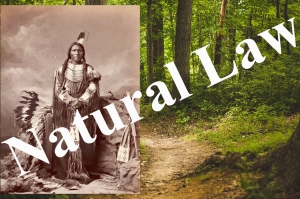
- Tenemos que recuperar el sentido de la (verdadera) Ley Natural
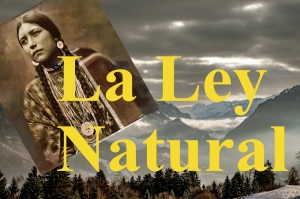
- Dobbiamo recuperare il senso della (vera) Legge Naturale
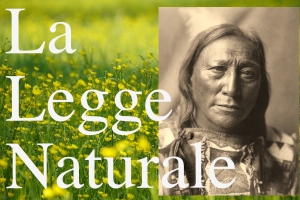
The Official Narrative About the Māori Written by Europeans
Nowadays it is believed the Māori came to Aotearoa (NZ) 800 years ago – a few say 1.200 years ago – from Asia, specifically from Taiwan, or Eastern Polynesia. It means, according to the first hypothesis, they arrived to NZ around 1300 AD, just a few centuries before the British.
Curiously, in the 19th century and early 20th century it seems various Western theories hypothesized that the Māori had originated in South America, North America, India, Greece, Egypt and Israel, among other places.

What does the noun Māori mean? It means normal, natural or ordinary. The connection of the word and the people has its origin in the arrival of the Pākehā (the Europeans). Before this, there was no need for the indigenous people to identify as a single collective ethnicity, but rather identification was tribal with their iwi (in Re Teo (1) ‘iwi’ means ‘people’, ‘nation’ – it was translated into English as tribe). As for Native Americans in the Western Hemisphere, colonization and the ensuing desire of the colonizers to deal with one people, rather than many peoples and nations, resulted in an encouragement of such a collective identity. Hence it is a Western colonial word that even local iwis have internalized.
The Maori in Today’s Aotearoa
Nowadays the Māori constitute 15% of the total population of Aotearoa. In 2016 New Zealand’s national poverty rate was 15% (above the 1984 level of 9%). Pacific migrants were the most notably affected with nearly 40% living in significant or severe hardship, compared to nearly a third of Māori (32%) and less than a sixth of Asian or Pākehā (White) ethnicity. ”Maōri, especially Māori men, are over-represented in prisons. In September 2017, Māori people made up 50.7% of New Zealand’s prison population, despite accounting for just 14.9% of the population at the last census,” reported the news platform Stuff.
In 2011, Māori freehold land comprised a little over 1.4 million hectares, that is approximately 5.5% of New Zealand’s land mass. In the 18th century – when British settlers started the invasion of the isles – the Māori ‘owned’ most of it if not all. Unquestionably one of the most relevant traits of colonization is the grabbing of land. And some media denounce all this issue about the white aboriginals, who supposedly preceded the Māori, is just a new chapter in the fight for land.
Demagogy and Manipulation by White Supremacists?
”I am excited that Monica (Monica Matamua) …has now seen the end results and an updated chapter maybe will be written in our archives. One wonders how Monica’s DNA could change our current political landscape? Are we not all immigrants?” with these words magazine eLocal ended an article on Monica’s DNA-test putting on the same level the Pākehā (European New Zealanders) and the Māori.
”I don’t call the Māori indigenous people because they are as ourselves. They came here 5, 6 to 7 hundred years ago. So I like to look at the fact that we are all refugees coming to this land at the bottom of the earth,” says Pākehā author Garry Cook who wrote The Secret Land, the People Before, “a book currently unfindable on Amazon” so say – suspiciously – some activists interested in this topic. Also hard to find is the book To the Ends of the Earth: Did the Greeks Circumnavigate the World and Settle New Zealand Before the Birth of Christ? by Maxwell Hill, another European descent researcher supporting the idea that the presence of other settlers and the late arrival of the Māori call off the Māori’s claims over land as ‘native’ people.
Although the unfindability of these books could be suspicious for some it does seem also suspicious that this new narrative comes at a time in which the Māori are demanding their land back. Even if it were true that the government and official institutions – and to a lesser extent the same Māori for ”obvious interests” – are hiding this true history of New Zealand as many researchers defending the thesis of pre-Māori inhabitants assert, it’s also undeniable that this way of interpreting history, with the postulates accompanying this new narrative, hits directly at the Māori’s battles.
The Spinoff, an online magazine, affirmed in a 2017 article that all these positions are bullshit from ‘The One New Zealand’ crew. The One New Zealand was a party founded in 1999 (and de-registered in 2006 after practically disappearing in the 2005 elections). It opposed the policies of the government and accused it of giving special privileges to Māori people.
Furthermore, stories of whites (Pākehā) putting up a fight against the Māori’s claims are not unusual. Cases of lies built ad hoc and even of false arson used in order to weaken the Māori’s claim have been on the news.
A Fight for Land
As in all colonization’s, British colonists brought and imposed their culture to Aotearoa. As for all Europeans, the culture they brought was molded on rigid social hierarchy, huge economic and rights inequality, exploitation of the majority by a minority and a severe abuse of nature. A culture based and built on the concepts of God’s grace and private property. While Aotearoa pre-European societies had – as many cultures of other colonized peoples around the globe – a communist land ownership concept.
”The government and administrators of the day saw the communism of the Māori land as one of the biggest threats to the civilization and development of New Zealand” asserts academic Mick Strack. ”Bush was little valued by the settlers whose vision for New Zealand was of clear green pastures supporting literally millions of sheep and cattle. New Zealand became a main supplier of meat, wool and other primary products to Britain. The government actively encouraged land clearance and assisted with funding the necessary rural infrastructure to support the pastoral and agricultural economy. The Māori however were unable to take advantage of such assistance. The government wanted the Māori off the land and somehow expected them to become ‘civilized’ and acculturated as workers- not as landowners. Even when various commissions of inquiry suggested the Māori were suffering because of landless-ness (having no access to land), the government responded by offering only the poorest of land in relatively inaccessible areas, and providing no development assistance, while white settlers were encouraged and supported to thrive.”
HELP US GROW. If you respect and value this work, please consider supporting our efforts with a donation. KBNB WorldNews relies on contributions from its readers to do its work. Support good independent journalism and contribute to create a better world: ➡︎ MAKE A DONATION OR FIND OUT HOW YOU CAN CONTRIBUTE .
Culturally Colonized Māori?
“There were many other races already living here long before we arrived,” said David Rankin, Ngapuhi Chief – the Māori’s largest tribe – to eLocal. Rankin also said that very likely the Spaniards and the Portuguese were in NZ before the British. Rankin, a well-known Māori figure in the country declared as well ”’we come from a warrior race, but colonization has meant that we no longer have any battles to fight and we have much time on our hands so that violent energy is not used up” and ”I am sick of academics trying to sanitize our behavior. We are violent people.” ”He has been colonized and brainwashed,” argue some. Colonization in the Americas, Africa or India show us how much many natives and especially mixed-race people can have a ‘European-mindset’ or sell out their people and their culture for ego, money and power, so it wouldn’t be a surprise if those accusing him of being brainwashed are right – merely to cite just one case probably among many others.
Indisputably we all live in an economic and cultural system that easily corrupts people.
Nevertheless: is it not possible history is not as we have been taught?

The Māori Issue
The Māori identity itself seems to be grounded in oral traditions of ancestral voyages in canoes that traveled from the mythical homeland of ‘Hawaiiki’ – an unknown place in Polynesia – to Aotearoa. But even if the Māori arrived in NZ only a few centuries before the British, does this supposed fact cancel the crimes committed by the latter? Does the fact that the Māori were migrants just as Europeans mean they did not have any rights over the land they were living in for some centuries? Did they not have the right to preserve their culture, languages, social organization and evolve as such? Was it and is it acceptable that the Māori have to live in their land under a foreign culture which not only imposed and imposes its foreign values and laws on them but also has exploited most of their natural resources, destroyed their environment, culture and social organization and also relegates them if they don’t westernize?
Perhaps those who support the idea that the presence of other settlers in pre- Māori Aotearoa and their late arrival to the islands call off the Māori’s claims over land as ‘native’ people should clarify their ideas about the concept of genocide. This stance recalls to my mind what a Mexican-Argentine scholar, Enrique Dussel, has explained about the conquest of Mexico: ”some say it was in reality an internal fight. Hernan Cortes (3) was just an excuse: it was a war among peoples ruled by the Aztecs. The Spaniards are not the culprit. This was an idea of Francisco de Toledo, Viceroy of Peru in the 16th century. He said: ”in reality the conquest was a liberation process carried out by subjugated people by the hated Incas or Aztec’s in Mexico.” In other words, Native Americans were fighting among themselves, so the Spaniards are not guilty of anything. Whereas it was really a genocide, the destruction of people, of their cultures…something still going on.”


Did the Māori Practice Cannibalism?
Monica Matamua is not the only one accusing the Māori of cannibalism. ”They ate my people,” she alleges. Already English navigator James Cook who visited Aotearoa wrote about this Māori habit becoming very famous all over Europe. On this point we can’t dismiss another possibility. Perhaps the future will tell us that this ‘cultural Māori trait’ was just a fabricated lie to assure support against those ‘barbaric-primitive’ Māori, a strategy used by Christopher Columbus against the Caribs or Caniba, in the Caribbean – The English word “cannibal” actually derives from “Caniba”, a name Columbus reportedly learned from the native Arawaks in the Caribbean.

”Archaeologists now say early Caribbeans were not ‘savage cannibals,’ as colonists wrote. The Colonial-era historians said that the Arawak people were exterminated in about 1300 AD by the Caribs, who were demonized as man-eaters – and then themselves displaced by the first European settlers,” reported The Guardian. ”We know nothing about the Caribs except what the Europeans told us and they had their own agenda.” Could there be any similitude with the case of the Māori?
However, for what I know, many cultures and people around the world, including Europeans, have occasionally practiced cannibalism throughout history. And even if the Māori were – often or just in some special circumstance – practicing cannibalism, does this mean they are primitive, bad, inferior or don’t have, because of it, any rights as colonized people? Personally I am convinced that only through accepting and understanding our differences and the reasons they exist in a constructive way, without those complexes and envy that create in us the need of feeling superior to others, we will, as a global human society, be able to have a future and unfold into something better.
The Pacific
For sure it seems history is not as we have been taught. At least since the last century there have been quite famous European descent scholars and independent researchers – often completely Eurocentric (4) – asserting that the story of Columbus is a fraud, that Europeans were already living in the Americas (to which they often attribute all local American ‘progress’).
What appears certain today is that Ancient Greeks and Romans were visiting Asia. That Muslims, Europeans, Africans and Asians were traveling around the world before Columbus and that there were many ancient seafaring cultures. In the Pacific, the Māori were traveling across the Pacific as Polynesians who were skilled at long-distance ocean voyages. One indisputable evidence of this is that Māui, a Polynesian demigod, can be found in native lore in as far away places as Aotearoa, Tahiti and Hawaii. It’s no surprise therefore if the Waitaha Māori iwi (tribe) say their ancestors came from Easter Island. In Rapa Nui, the native name of Easter Island, it’s supposed there were contacts with Polynesians and native South Americans.
Many mysteries still need answers. Why were sweet potatoes – kumara in NZ – and pineapples, which originated in Central and South America, so spread and popular in pre-Columbian Aotearoa? Did rats arrive to Aotearoa with European settlers, as the official narrative goes, or with other peoples, maybe the Chinese, the Egyptians, or the Hindus more than 2000 years ago as genetic and biological tests have lately evinced?

Moreover, recent genetic studies have revealed that ”indigenous Americans and Polynesians bridged vast expanses of open ocean around the year 1200 AD and mingled, leaving incontrovertible proof of their encounter in the DNA of present-day populations” said the lead author Alexander Loannidis, a postdoctoral researcher at Stanford University. ”Whether peoples from what is today Colombia or Ecuador drifted thousands of kilometers to tiny islands in the middle of the Pacific, or whether seafaring Polynesians sailed upwind to South America and then back again, is still unknown. Though the match-up (genetic) with indigenous groups in Colombia and Ecuador was unmistakable.”
“Much of history has relied on written accounts which are generally controlled by, and focus on, those who rule,” said Loannidis. “Genetics and data science are now allowing us to tell the perhaps even more incredible – and no less true – stories of the rest of humanity.”
European colonization has erased the history of many people around the world. And we have been taught what fitted best the ‘winners’ agenda. For this reason we have to open our minds and be aware that we have been indoctrinated with lies for a long time. And never forget this famous quote attributed to George Orwell:
“Who controls the past controls the future: who controls the present controls the past”
I say NEVER to this as its conceptual content opens before all of us a new vision of the world, a new interpretation of reality. Although very painful for some reactionary people and for people who have ego problems, it is something we deeply need if we want truth and real human progress in our only home, our powerful, wonderful, marvelous, powerful, violent, generous, diverse and sacred planet. A tiny point somewhere in an immense universe.
Notes:
(1) ‘Re Teo’ is an Eastern Polynesian language spoken by the Māori people.
(2) The Incas, native people of South America.
(3) Hernan Cortes, the Spanish conqueror of the Aztec Empire.
(4) Eurocentrism, a worldwide view or a mindset born with Germanic-European colonialism in Modern European history. It considers Europe and Europeans superior to all other nations and peoples.
Share this report! ⬇︎
RELATED ARTICLES: Europe’s Short Memory. When History is Written by Invaders – I’m American too! Are you sure? – Why I am not a Capitalist, nor a Marxist by Russell Means – When a Niqab meant Freedom: las Tapadas, an old Non-Islamic Tradition – Sioux’s Standing Rock, an Alarm Sign
WAIT, DON’T GO! Writing the truth is dangerous. If you value our hard work, please consider supporting our efforts sharing our article and with a donation (below). THANKS!
Make a DONATION with PayPal or your card
Google, Facebook, Instagram, Twitter… are trying to silence independent media fighting for the truth and a better world. Given this fact, it is extremely important for people to search out information for themselves, go directly to our website and others, subscribe to diverse email lists, and not rely on social media for information. Please enter your e-mail and click to subscribe to get our reports in your inbox

Follow us! We are on the main social networks, Facebook, Twitter, Instagram, VK and Telegram (KBNBWorld). You can also follow as on our new video channels: BitChute, UGETube or You Tube.
Cover image by holgerheinze0 , Pixabay.
KBNBWorldNews is a Non-Profit News Organization.
Media: Republishing Guidelines
Contact with the editorial office: kbnbworldnews@gmail.com
KBNBWorldNews Copyright
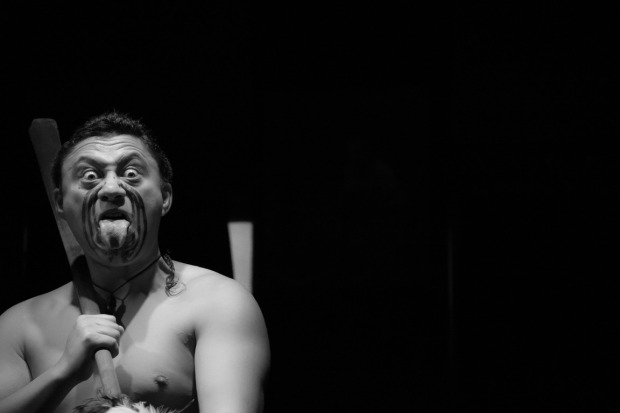


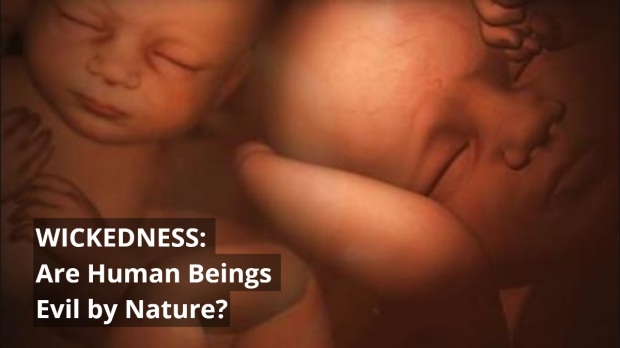
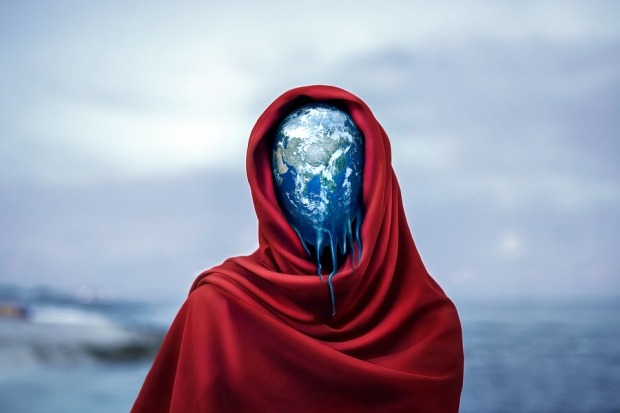
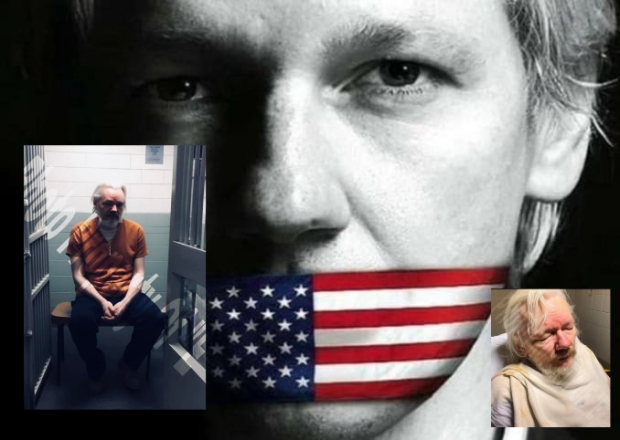
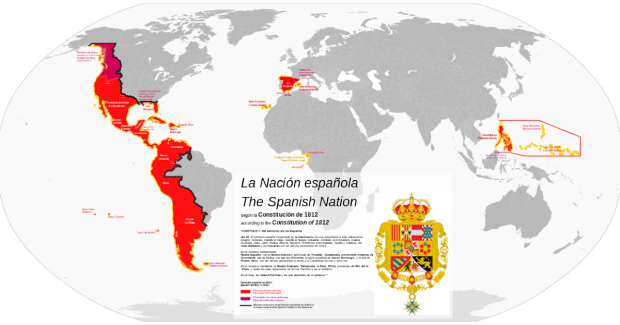
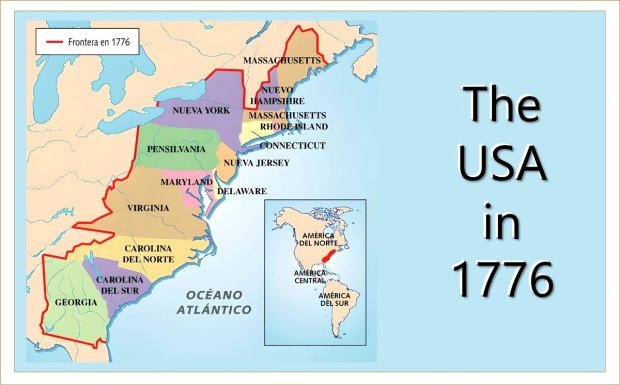
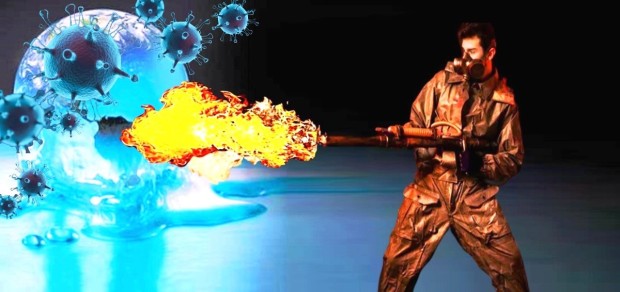
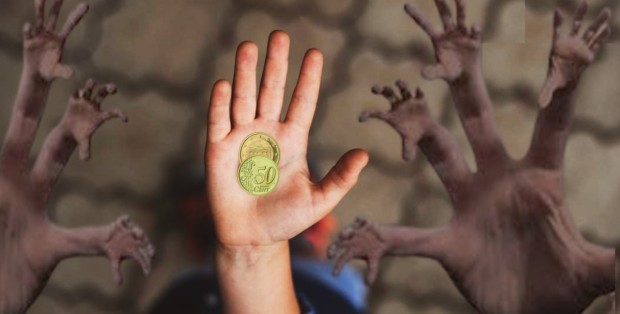
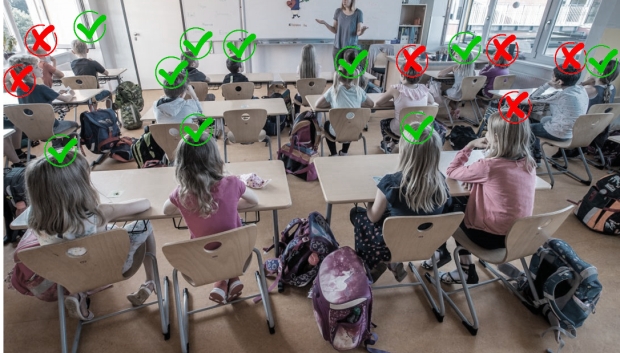
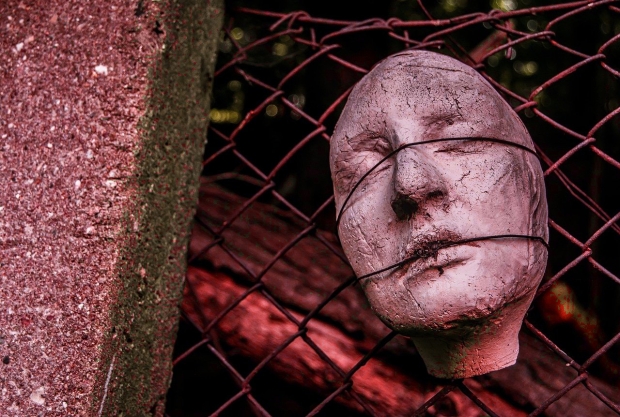
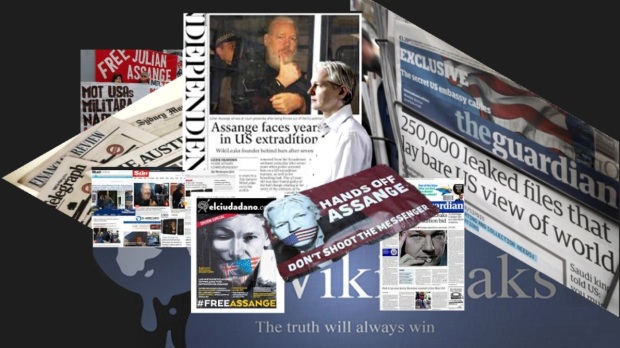
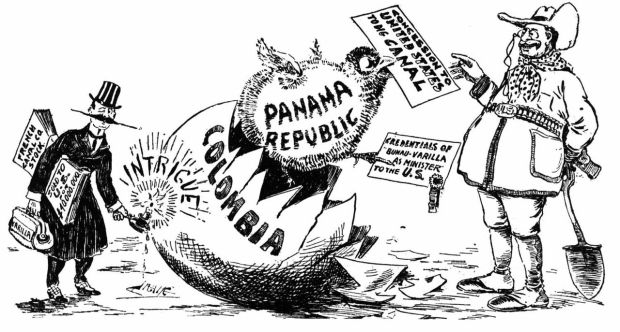
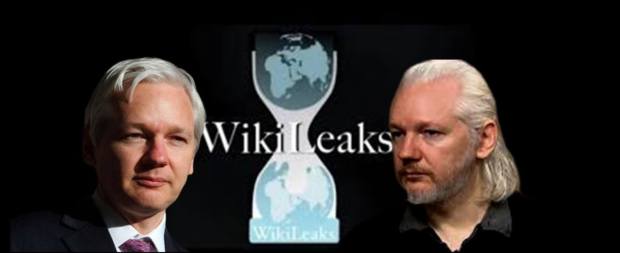
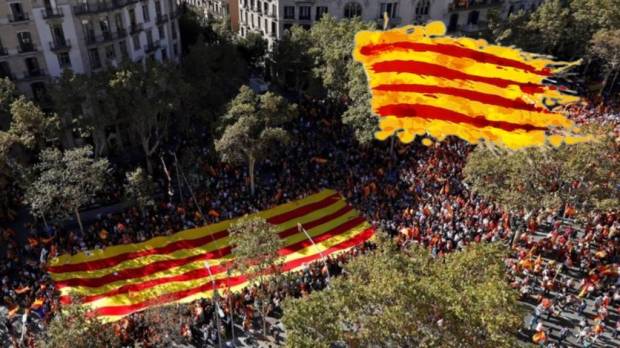

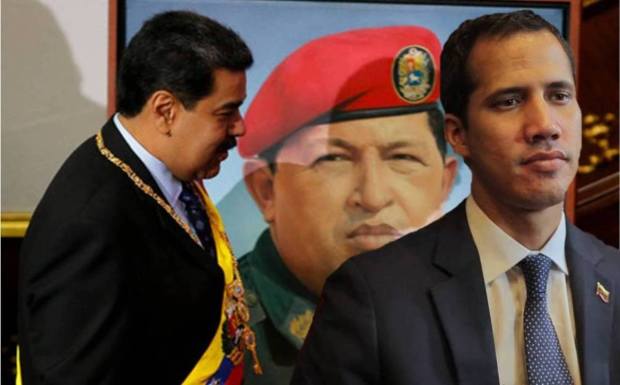
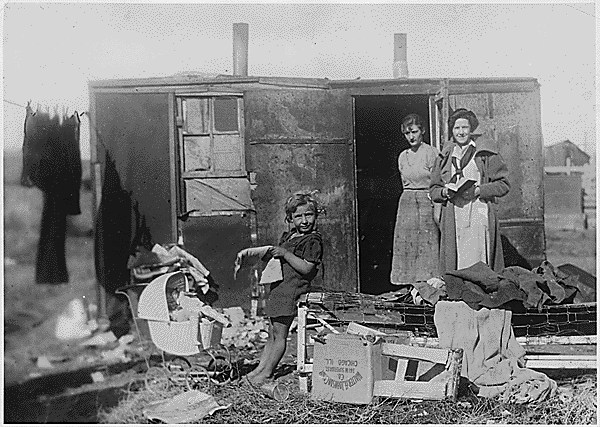
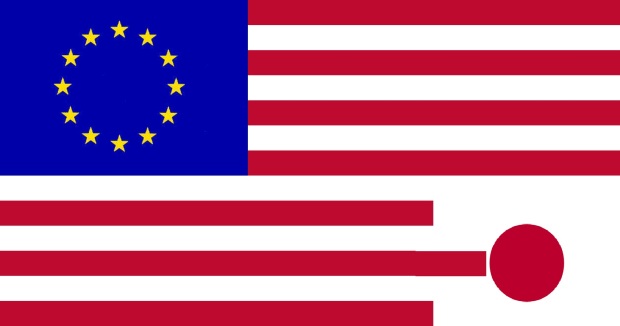
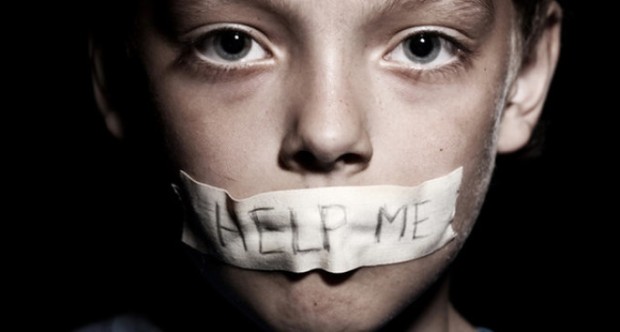
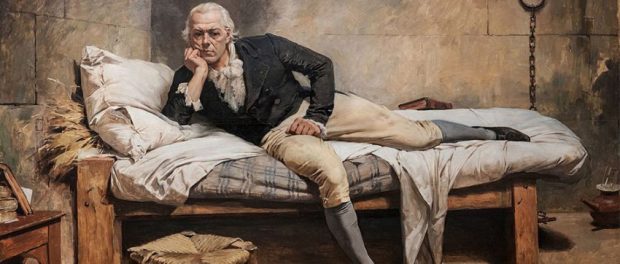
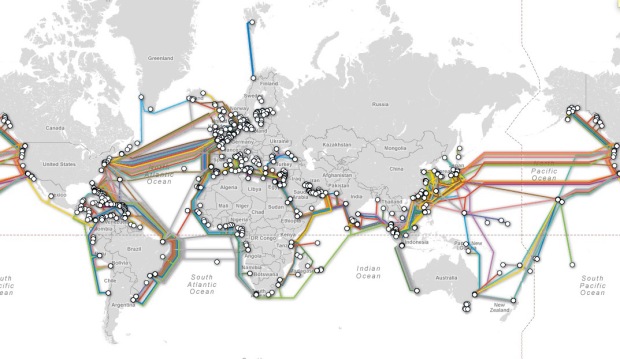
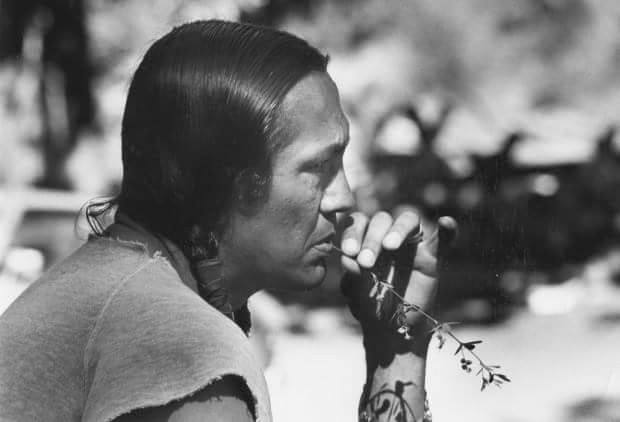
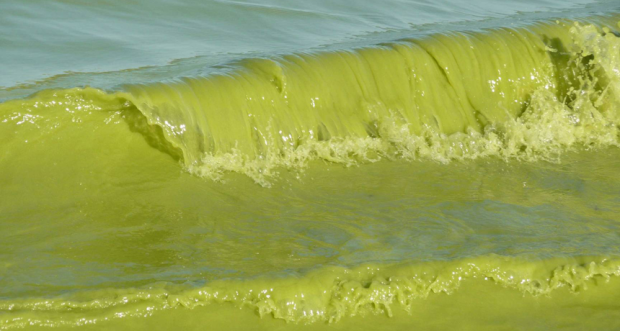
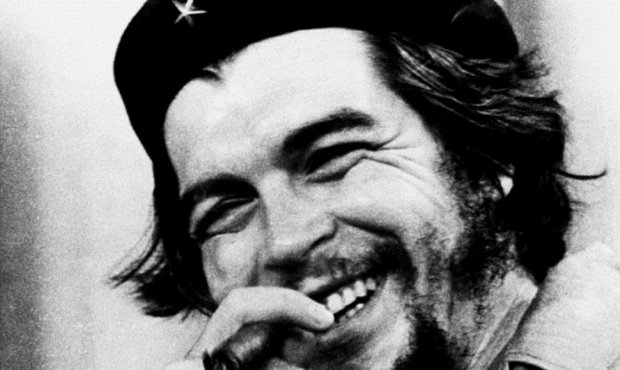
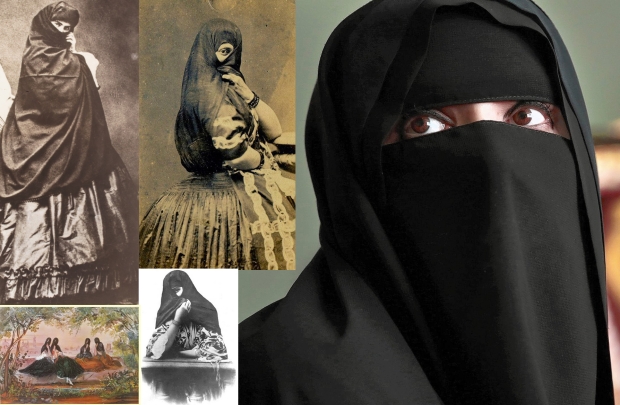
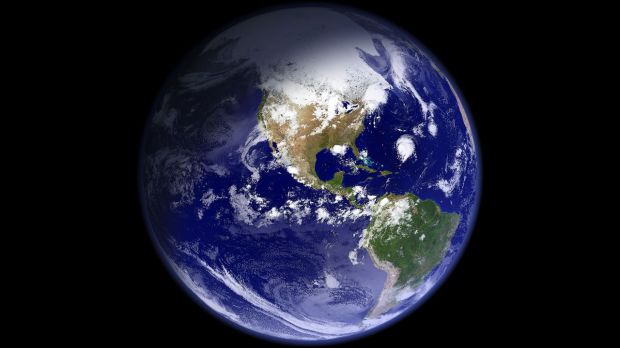
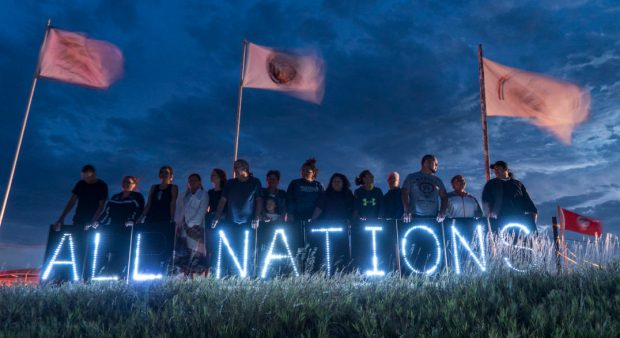
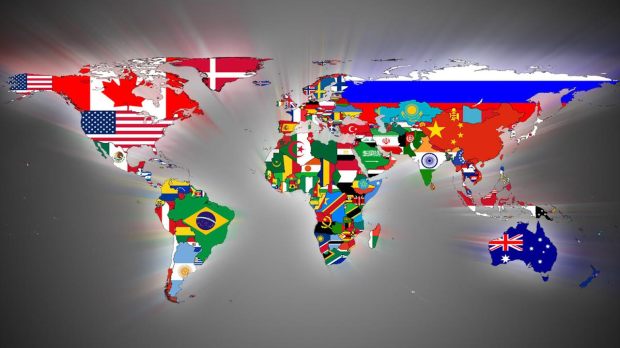
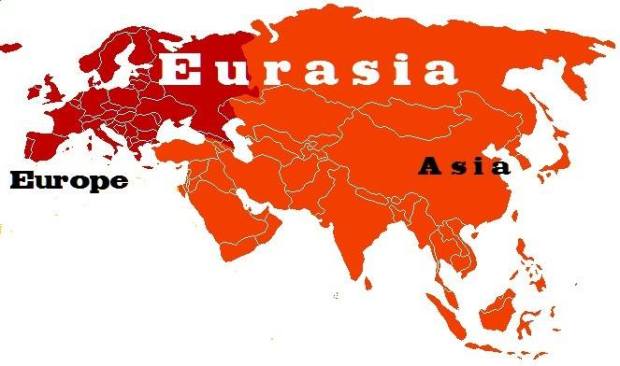
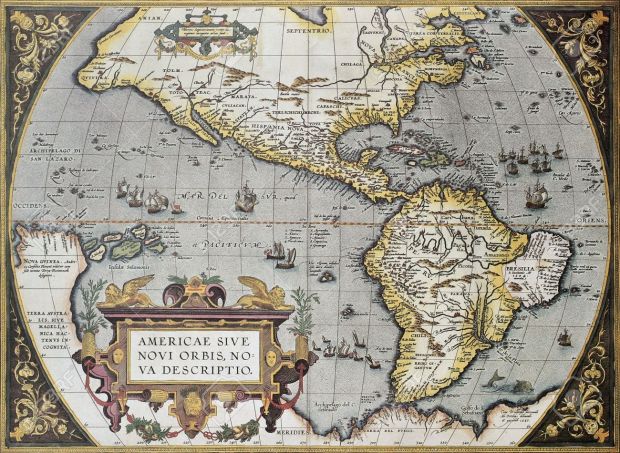
Audio began playing any time I opened this web site, so irritating!
LikeLike